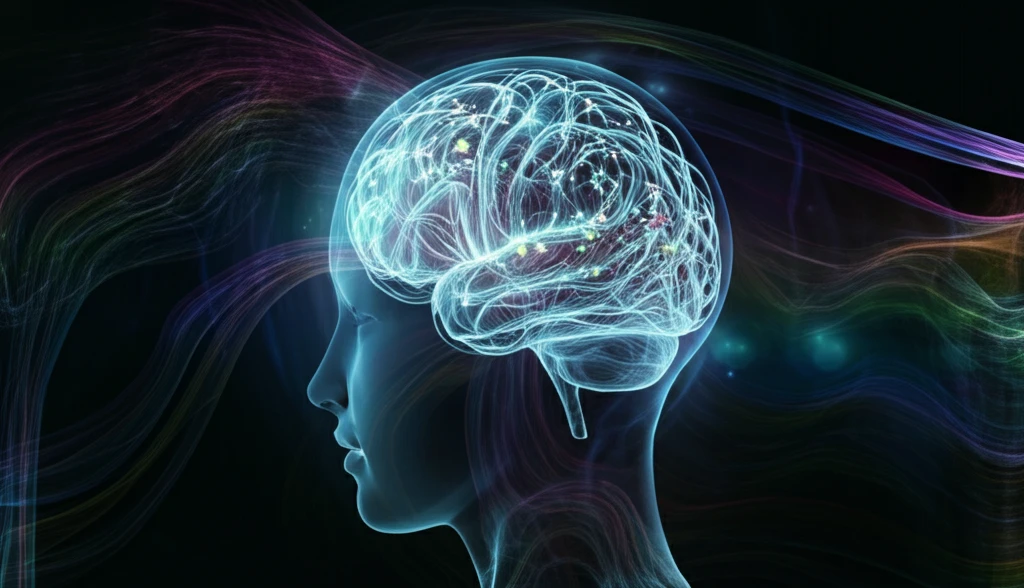
Is Your Wandering Mind Sabotaging Your Focus? How Emotional Lability and Sleep Affect ADHD
"Explore the intricate links between ADHD, emotional regulation, mind wandering, and sleep quality, and discover how these factors collectively impact focus and daily functioning."
Attention-Deficit/Hyperactivity Disorder (ADHD) is often characterized by challenges in maintaining focus, managing impulsivity, and handling hyperactivity. However, beyond these well-known symptoms, adults with ADHD frequently grapple with emotional lability, excessive mind wandering, and disrupted sleep patterns. While each of these issues has been studied independently, emerging research highlights their interconnectedness and combined impact on ADHD symptom severity.
A study published in "European Psychiatry" delves into this complex web, exploring how emotional lability (intense and rapidly shifting emotions), mind wandering, and poor sleep quality interact to exacerbate ADHD symptoms in adults. The findings offer valuable insights into why some individuals with ADHD experience greater difficulties than others and suggest potential avenues for more holistic and effective interventions.
For many adults, understanding these connections can be a game-changer. Recognizing how your emotional state, thought patterns, and sleep habits influence your ADHD can pave the way for tailored strategies to improve focus, manage emotions, and enhance overall quality of life. Let’s break down the key findings of this research and explore practical steps you can take.
The Intertwined Challenges: Emotional Lability, Mind Wandering, and Sleep Deprivation in ADHD

The "European Psychiatry" study involved 81 adults diagnosed with ADHD. Researchers used self-report scales to measure the severity of ADHD symptoms, emotional lability, the tendency for the mind to wander, and sleep quality. Through statistical analysis, they uncovered significant relationships between these factors:
- Mind Wandering and Emotional Lability Predict ADHD Severity: Both a wandering mind and emotional instability were significant predictors of more severe ADHD symptoms.
- The Ripple Effect: The study revealed that mind wandering often leads to emotional lability, which, in turn, intensifies ADHD symptoms. Imagine a scenario where difficulty focusing leads to frustration, triggering a cascade of emotional responses that further impair concentration.
- Sleep Quality Matters: Poor sleep quality was found to worsen mind wandering, subsequently exacerbating ADHD symptoms. This creates a vicious cycle where sleep deprivation fuels inattentiveness, leading to more mind wandering and even greater difficulty sleeping.
Taking Control: Practical Strategies for Managing ADHD Symptoms
Understanding the interplay between emotional lability, mind wandering, and sleep quality offers a roadmap for developing personalized strategies to manage ADHD symptoms. By addressing these underlying factors, you can pave the way for improved focus, emotional well-being, and overall quality of life.
